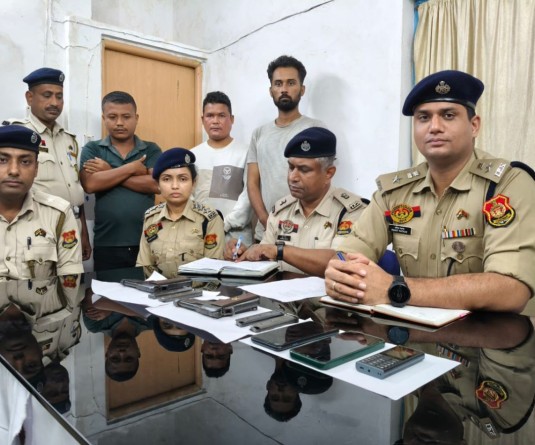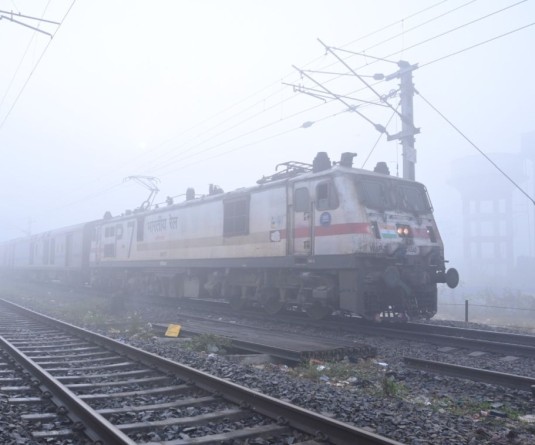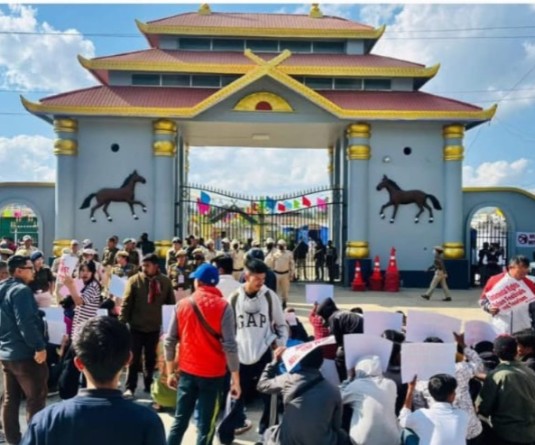
DIMAPUR, OCTOBER 16 (MExN): The Overseas Naga Association (ONA) today stated that the core terms for resolution of the Naga political issue must be anchored in mutual respect and acceptance of human rights on both sides.
A press release from the ONA President, Dr Visier Sanyü and Secretary General, Dr Paul Pimomo welcomed the Government of India’s formal recognition of the Naga people’s “unique history” in relation to India.
“The historical fact remains that unlike the constituent regions of the Indian Union in formation in 1947 which signed an instrument of accession or decided to merge with India, Nagas did not. Nagas declared independence from colonial rule a day before India did. This verifiable fact and what has transpired since are the basis of Naga people’s unique relations with India,” the ONA stated.
On the Naga side, the ONA said that a fact to recognize is that the world’s geopolitics has changed drastically since 1947, and Nagas need to reset our worldview accordingly.
“But as both India and Nagas know, resetting a worldview does not change the fact that Nagas are still a people, and as a people, we have, at minimum, two universally recognized human rights under the UN Declaration of Human Rights: right to self-determination, free from outside interference; and right to an undivided homeland. For Nagas these rights are the basis for an honorable and just settlement,” it asserted.
The association stated that the Indian Government side, accepting the unique Indo-Naga history and the UN sanctioned human rights would mean, in practice, “accepting the Naga people’s political right and power to self-determination in an undivided homeland.”
“For India to withhold these twin rights from Nagas is to deny Nagas either the right to exist as a people or to treat Nagas as inferior human beings,” it stated. The ONA reminded that the armed conflicts in the Northeast, “which the GOI insists on calling ‘insurgency’ for international consumption, started with the Indian Army’s operations in the Naga Hills in the 1950s, not insurgency by Nagas, and GOI’s imposition of the Armed Forces Special Powers Act (AFSPA) which has been in force since 1958.”
The AFSPA, it said, has created a militarized “state of exception” for the region for over half a century, outside of the rule of law in India. “The AFSPA is so egregious to human rights, to democracy, and to the rule of law that conscientious international scholars have called it India’s untenable AFSPA regime,” it stated.
The ONA said that any settlement arrived at between India and Nagas while AFSPA is in force, as it is now, could be argued as having been made under some degree of duress.
The ONA called for an expeditious settlement that is “honorable and just”, one that is based on the said two rights of the Nagas as a people.
“We realize that the issue of Naga integration is a major hurdle. But hurdles are what parties in tough negotiations like the on-going one are supposed to resolve. India has the constitutional provision for addressing the hurdle. The Government of India has the political responsibility and power to make it happen,” it added.
The association said that this will be a test of India’s maturity as a leading democratic nation in the world. It hoped that the negotiations will produce an agreement and a plan to address this issue in ways that conduce to long-term peaceful co-existence and collaboration among the people of the region and India, and beyond.






